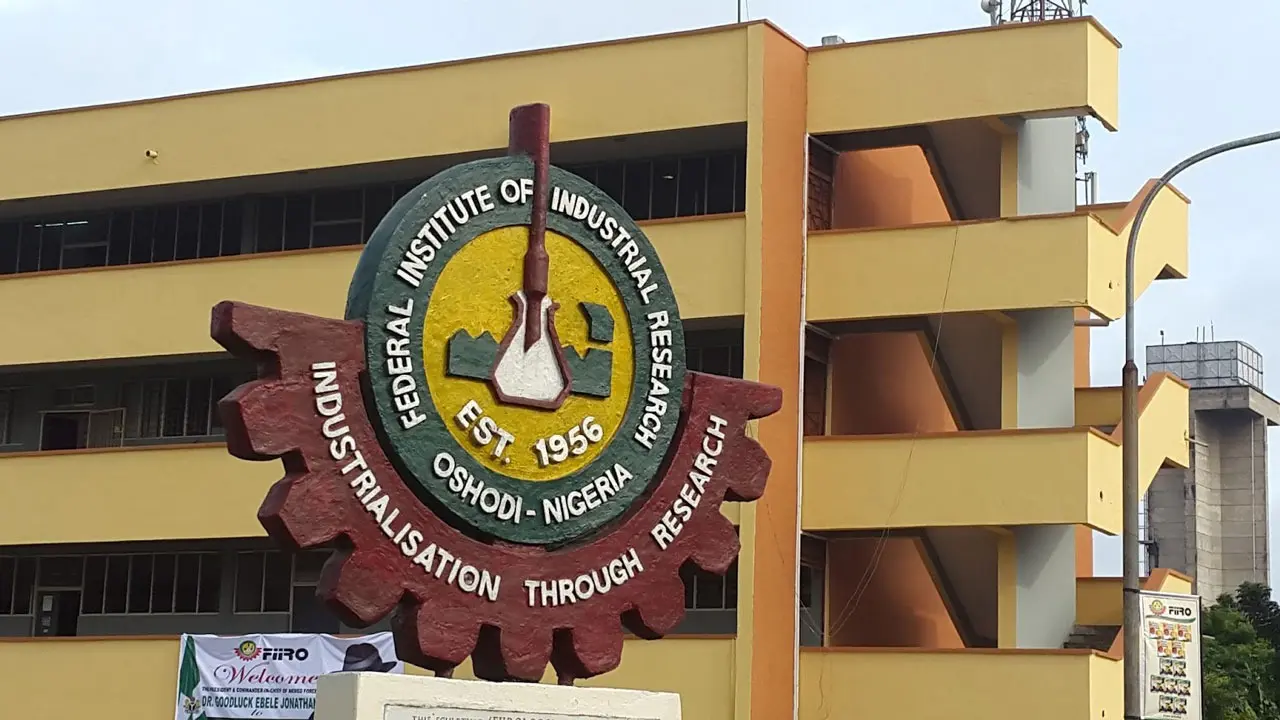By Dr Tijani Salami & Dr Adaeze Oreh
Last week, the National Association of Resident Doctors (NARD) ‘conditionally’ called off a ten-day strike which crippled the already challenged health sector of Nigeria. Some of the reasons for the indefinite strike when embarked upon, included non-payment of various doctors’ salaries and arrears, non-recruitment of house officers, residency training and hazard allowances.
The Nigeria Medical Association (NMA) estimated in 2019 that about 2000 medical workers leave Nigeria annually to developed countries, and fuelling this exodus are arduous government policies, health worker frustrations, following from inadequate training, insufficient technology for patient care, minimal career advancement prospects, low wages and difficult working and living conditions nationally. The COVID- 19 pandemic has further worsened these conditions, with a substantially greater number than ever before making the decisions to leave the country. The foregoing makes it critical that government puts in place urgent policies and strategies as part of the overall post-pandemic recovery plan to mitigate the currently unprecedented medical brain drain and its effects on a fragile health sector.
Over the years, Nigeria’s health system has been hamstrung by inadequate numbers of healthcare practitioners and sub-optimal facilities, driving an upsurge in medical tourism. A 2016 Price Waterhouse Coopers (PwC) report posited that the country lost over $1 billion to medical tourism annually – approximating nearly 20% of the entire public health expenditure for healthcare in the previous year. In 2020, The NMA reported in 2020 that out of 75,000 doctors officially registered in Nigeria, over 33,000 had left the country leaving just above 50% of that number to man the health institutions in the country.
A survey conducted by NOI Polls in partnership with Nigeria Health Watch in May 2017, revealed that about 8 out of every 10 medical doctors across junior, mid and senior level roles in both public and private medical institutions in Nigeria were actively seeking work opportunities abroad, and so, this survey finding tallied with alarms raised by NARD in the same year, warning that about 2500 doctors actively planned on to relocate ion and practice abroad at the time. This has very dire implications not only for urban populations, but also for underserved rural communities in the country.
Recently, a doctor managing a primary healthcare centre (PHC) serving more than ten thousand people in nine rural communities revealed plans to leave the country in search of better opportunities. He currently attends to an average of eighty patients daily and hardly ever goes on leave. With only just six doctors in the entire state primary healthcare PHC structure, where he is currently resident, when Dr Saka* (not his real name) leaves, those nine communities will most likely be without the services of a doctor for several weeks or even months while a replacement is sought. This story is not entirely different from experiences across the country. The drain of medical workers across all the tiers of the country’s health institutions is enormous and unrelenting, and unless a concerted, deliberate effort is made, and quickly, the impact this will have on Nigeria’s population health will continue to trend downwards.
READ ALSO: Non-payment of COVID-19 hazard allowance, 26 resident doctors’ sack, others trigger doctors strike
The COVID-19 pandemic has taken a severe toll on health and economic sectors across the globe, with a lot of Western countries adopting strategies for post-pandemic recovery for the benefit of multiple sectors including of course healthcare. Since the beginning of the pandemic in Nigeria, there have been numerous health sector strikes, the most recent being that announced by NARD on the 1st of April 2021, to press home demands for better allowances and other agreements that the federal government had not met. A study in 2017 compared physician emigration from Africa to the United States between 2005 and 2015 and showed that one-fifth of African-born physicians were working in high-income countries.
As part of health sector recovery efforts, many high-income countries are enticing medical professionals to migrate, in attempts to plug human resource deficits created by the coronavirus outbreak. If the status quo remains unchanged, we are likely to witness a further torrential exit of doctors and other health workers from Nigeria to more developed nations where opportunities abound.
As practising healthcare professionals in Nigeria, we have front row seats to the negative impact of the inadequate numbers of doctors and other health professionals in the healthcare system and recognise it as an existential threat to national development. Nigeria is still far from the World Health Organization (WHO) recommendations of 1 physician for every 1000 patients, with current physician-patient ratios of up to 1 to 5000. Whereas, in comparison, the physician to patient ratio in United Kingdom (UK) is 1 to 300.
The gross inadequacies in the Nigerian health system with low levels of work satisfaction, and poor salaries and emoluments were mentioned by more than 90% of respondents in the NOI Polls 2017 survey as challenges that continue to spur doctors to consider relocating abroad, with the result that Nigeria is one of the leading sources of African-born physicians for high-income countries.
Recently, Saudi Arabia has once again resurfaced as a destination for Nigerian doctors, following countries such as UK, USA, Canada and Australia, and a PwC survey of Nigerians found that more than 90% of respondents described healthcare services delivered in Nigeria as “low quality”.
Over the years, this perception has been reinforced for the populace by media reports, personal and family experiences and the dilapidated state of health facilities nationwide, a fact even acknowledged by the Chairman of the Presidential Taskforce on COVID-19, Mr Boss Mustapha, Secretary of the Government of the Federation. It is therefore no wonder that Nigerian healthcare is deemed as substandard and an option that should be avoided when an alternative can be sought, thus increasing medical tourism. If nothing is done to address this challenge in Nigeria, it will only continue spiralling downwards. Although reversing this trend may appear costly, the possible impact of the unyielding medical brain drain on the health of Nigeria’s citizens and the nation’s economy is deeply troubling, and no country can afford to put the lives of their citizens in danger when there is an opportunity to proffer solutions.
Governments at all levels and the health authorities should address the brain drain of medical doctors and health professionals as the crisis that it is. Therefore, as part of recovery efforts, health system strengthening ought to include considerations for the welfare and training of doctors and health professionals as a central component of the COVID-19 recovery plan. These efforts should necessarily include the support and deployment of technology for training, research, and service delivery, to enhance quality and access.
Secondly, a more sustainable plan for increased health sector funding through innovative financing models with an emphasis on accountability mechanisms is required. Indeed, more holistically, any efforts to limit the medical brain drain cannot be sufficient without addressing education, security, and basic infrastructure such as power, water, hygiene, and sanitation. For decades, the unavailability of these somewhat basic amenities has historically entrenched Nigerians’ lack of confidence in government, regardless of political leaning.
To quote the Founder and Chairman of Africa Initiative for Governance, Aigboje Aig-Imoukhuede in his book Leaving the Tarmac, “If confidence becomes eroded, it is almost impossible to get the system working efficiently and producing results that justify its existence.” While he may have been referring to financial systems, it rings no less true for other systems such as health. We are at a crisis point in the state of healthcare in Nigeria and may soon find ourselves in an avoidable cul-de-sac. Thankfully, it is not yet too late – but we must all act now, and in concert to instil the necessary confidence and save the country’s health system.
Dr Tijani Salami is a Principal Medical Officer and Public Health expert with Federal University of Technology Minna and a 2021 Aspen New Voices Fellow. Dr Adaeze Oreh is a Consultant Family Physician in Abuja and Country Head of Planning, Research and Statistics for Nigeria’s National Blood Transfusion Service. She is also a Senior Fellow for Global Health with the Aspen Institute in Washington D.C.
























Leave a comment